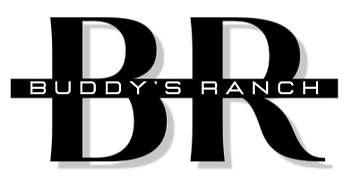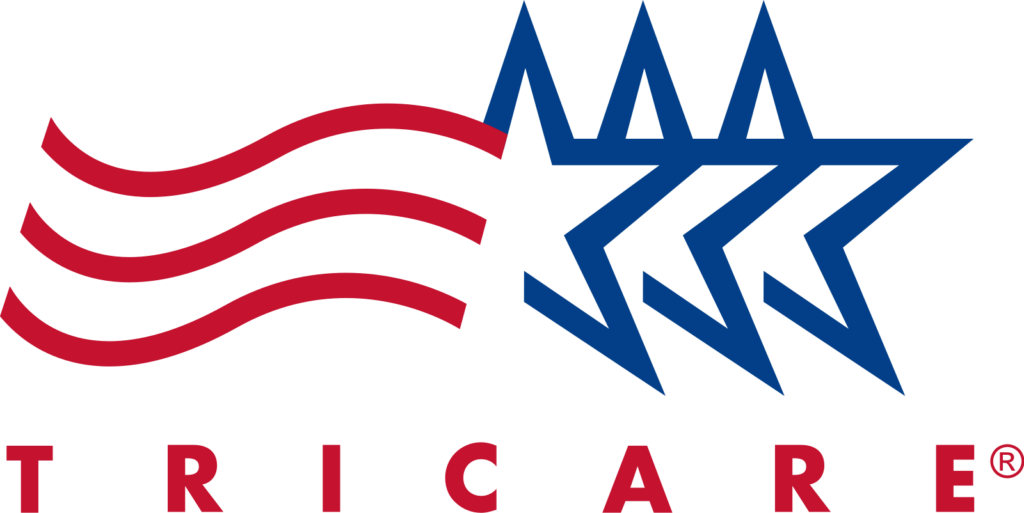Anger Management and Addiction
table of contents
medical reviewer:
adam swanson, lmft
Anger Management and Addiction
Of the six basic emotions, anger might be the most complicated. It is a strong emotion that everyone experiences and can be helpful or harmful depending on how a person reacts. Anger can motivate us to make positive changes or have difficult conversations by expressing our feelings more easily. Anger can be harmful when it results in poor physical health, such as high blood pressure or headaches, negative emotional feelings of hostility and frustration that don’t go away, or when it leads to poor decisions. There is also a connection between anger management and addiction. Learn more about that connection and discover some approaches to managing them.
contact our Northern California residential treatment center
Learn more about our comprehensive drug detox and inpatient addiction treatment programs and how they can help you overcome substance abuse and dual diagnosis.
Understanding Anger and Addiction
Anger is “the emotional response that we have to an external or internal event perceived as a threat, a violation or an injustice.” It is a significant emotional reaction that helps us protect ourselves and set boundaries. It stimulates our sympathetic nervous system, triggering a “fight or flight” response that increases our heart rate and breathing ability, improves our eyesight, and slows down bodily processes like digestion. However, persistent or unmanaged anger is cause for concern and can lead to physical and emotional symptoms.
Physical symptoms of unmanaged anger include:
- Increased heart rate and breathing
- Muscle tension, particularly in the jaw, shoulders, and fists
- Flushed or red face
- Clenched jaw or fists
- Rapid speech or speaking loudly
- Feeling hot or sweaty
- High blood pressure
- Heart disease
- Headaches
- Skin disorders like atopic dermatitis (eczema) and psoriasis
- Digestive problems like abdominal pain, constipation and diarrhea
Emotional symptoms of unmanaged anger:
- Irritability
- Clenched jaws
- Muscle tension
- Increased heart rate
- Aggressive outbursts
One study published by the National Library of Medicine found that the “overall prevalence of inappropriate, intense, or poorly controlled anger in the U.S. population was 7.8%” and noted that anger was especially common among younger men.
Unmanaged anger can have destructive consequences, especially for people in recovery from addiction or mental health challenges. The National Institute on Drug Abuse (NIDA) defines addiction as “a chronic, relapsing disorder characterized by compulsive drug seeking and use despite adverse consequences.”
The Relationship Between Anger Management and Addiction
Studies like this one show a strong link between high levels of anger and increased substance abuse.
People may “self-medicate” by using substances as a way to numb or escape intense feelings of frustration, rage, helplessness, and more. Unfortunately, substance use tends to intensify anger over time. Instead of helping an individual cope with their emotions, it makes aggressive behaviors and emotional regulation worse, creating a negative cycle of dependency. If a person is in recovery, elevated anger levels can also lead to an increase in relapse risk by triggering cravings, straining relationships, and creating other potential setbacks.
Anger management and addiction can also pass from adults to children. SAMHSA’s (Substance Abuse and Mental Health Services Administration) manual on cognitive-behavioral therapy (CBT) states, “If children observe parents expressing anger through aggressive acts, such as verbal abuse and violence, it is very likely that they will learn to express anger in similar ways.” A lot of research supports the correlation between a parent’s expression of anger and that of their child. Perhaps related, this flier from the Department of Justice explains that children exposed to violence are more likely to abuse drugs and alcohol.
Fortunately, there are numerous therapies and strategies to help individuals manage their anger and addiction challenges. Many treatment programs now include anger management techniques as part of a dual diagnosis or behavioral therapy model.
Treating Anger Management and Addiction
Understanding and treating the root causes of anger and addiction is essential for long-term recovery. Whether rooted in trauma or unresolved emotional pain, learning to manage anger in healthy ways can significantly reduce substance use risk and improve a person’s overall well-being. One of the most effective ways to treat anger management and addiction is through dual diagnosis treatment.
Dual diagnosis, also known as co-occurring disorders, happens when a person experiences a mental health disorder at the same time they experience a substance use disorder or an addiction. Because mental health conditions and substance use can make each other worse, it is essential to treat both conditions at the same time. A dual diagnosis approach leads to better overall outcomes, including reduced relapse rates and, in the case of anger management, improved emotional regulation.
Evidence-based therapies are an important part of dual diagnosis treatment. When it comes to anger management and addiction, there are at least four that are effective:
- Cognitive Behavioral Therapy (CBT) helps people identify and reframe thought patterns that might be fueling their anger and substance use. When people recognize their negative thought patterns, stressors, and emotional triggers, they can apply the practical skills they have learned through CBT, such as mindfulness.
- Dialectical Behavior Therapy (DBT) can be especially effective for people experiencing intense emotions, such as anger. It emphasizes mindfulness and encourages practice with emotional regulation and distress tolerance, which helps people improve their interpersonal relationships.
- Acceptance and Commitment Therapy (ACT) encourages people to accept their difficult emotions, such as anger, without trying to hide or suppress them with alcohol or drugs. ACT helps people express their values and then commit to actions that align with those values. This form of therapy can be beneficial for participants to create a sense of purpose and direction for long-term recovery.
- Rational Emotive Behavior Therapy (REBT) helps individuals identify and challenge irrational beliefs that lead to anger, addiction, or other destructive behaviors. By replacing irrational thoughts and beliefs with rational and empowering ones, individuals can reduce their psychological distress, which helps them make better decisions in the long term.
Integrated Care for Anger Management and Addiction
Dual diagnosis treatment and evidence-based therapy are essential treatment modalities for anger management and addiction. If you step back even further, they fit under the umbrella term of integrated care. An integrated care plan has numerous elements, but it will typically emphasize:
- Overall physical, mental, and emotional wellness that goes beyond a specific symptom or concern
- Holistic care that takes a person’s biological, behavioral, environmental, and social factors into consideration
- Strong patient-provider relationships that include open and nonjudgemental communication among patients, healthcare professionals, and other medical staff
- Effective sharing of data that keeps all team members apprised of a patient’s needs and treatments
- Evidence-based treatments such as the therapies mentioned previously and medication-assisted therapy (MAT) if appropriate
Dual Diagnosis Treatment for Anger Management and Addiction at Buddy’s Ranch
Anger management and addiction are challenging diagnoses, but a life free of substances and emotional dysregulation is possible. At Buddy’s Ranch, we believe every individual deserves a tailored treatment plan available at the right time and place for their needs. We offer personalized plans that may include detox, inpatient, and outpatient care, and we provide several evidence-based therapy options, including Cognitive Behavioral Therapy (CBT), Dialectical Behavior Therapy (DBT), Acceptance and Commitment Therapy (ACT), and Rational Emotive Behavior Therapy (REBT). By addressing anger management and addiction simultaneously, you can break the patterns that are holding you back. Contact us today to discuss what treatment could look like for you or a loved one.
Contact
"*" indicates required fields
You can view our privacy policy here.










